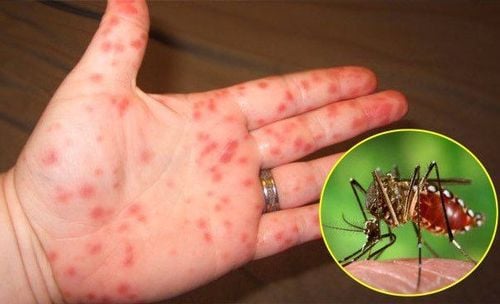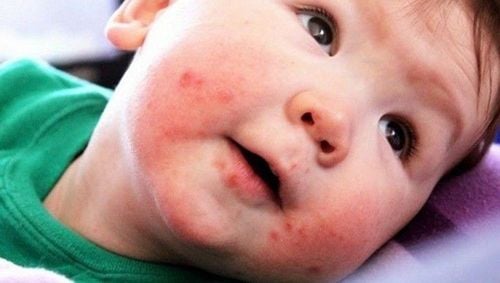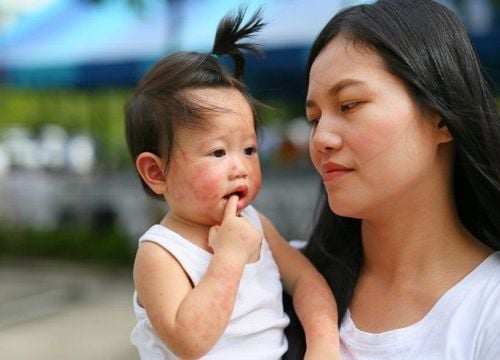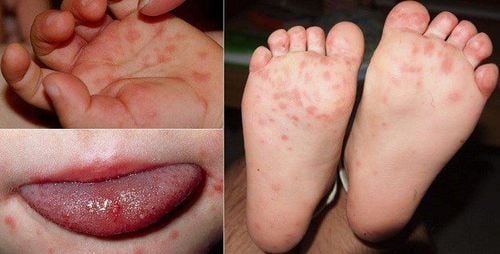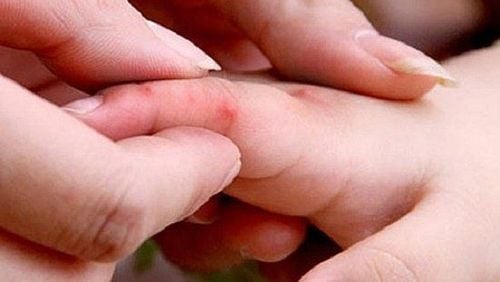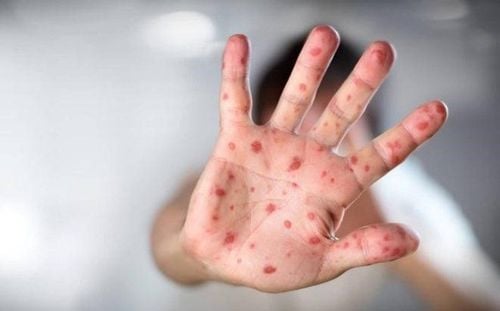This is an automatically translated article.
Hand, foot and mouth disease is a common infectious disease in infants and young children. The disease is characterized by high fever, ulcers in the oral cavity, and a rash with blisters on the hands, feet and buttocks. The disease is widespread in many Asian countries and has become a major public health concern in Vietnam.1. Causes of hand, foot and mouth disease
Enteroviruses are the cause of hand, foot and mouth disease. This group of viruses includes many different types such as: Poliovirus, Coxsackievirus, Echovirus and other Enteroviruses. So can hand, foot and mouth disease go away on its own?According to the World Health Organization (WHO), hand, foot and mouth disease is mainly caused by coxsackievirus A16 with few complications and usually resolves on its own. However, the disease can also originate from Enterovirus group viruses, including Enterovirus 71 (EV71) with many dangerous complications and can lead to death.
2. Children are more susceptible to hand foot and mouth disease than adults
Hand, foot and mouth disease mainly occurs in children under 10 years of age, usually in children under 5 years of age. The younger the child, the more severe the symptoms. Children have a higher risk of contracting viruses and diseases than adults because they have weaker resistance and immunity. Most adults are immune, but infections in adolescents and adults are not uncommon.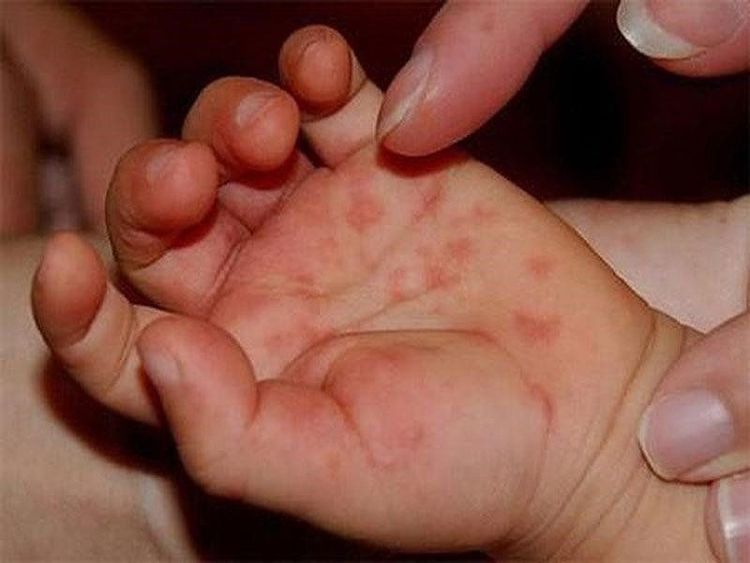
Trẻ em dễ mắc tay chân miệng hơn người lớn
3. Hand, foot and mouth complications are very dangerous
Most children with hand, foot and mouth disease recover completely from the acute illness. Hand, foot and mouth disease caused by infection with Coxsackievirus A16 is a mild illness and nearly all patients, including children, recover in 7-10 days without medical treatment and with few complications. However, dehydration is the most common complication of HFMD caused by Coxsackievirus infection, which can occur if a child drinks too little fluids due to ulcers in the oral cavity.Very rarely, Coxsackievirus A16 infection progresses to “aseptic” meningitis or viral meningitis, whereby an infected child develops fever, headache, stiff neck or back pain and may require hospitalization for several days. some days.
Hand, foot and mouth disease caused by the EV71 virus can progress to meningitis and encephalitis, which in some cases can lead to many serious complications, including neurological, cardiovascular and Respiratory. There have been deaths from the EV71 virus that causes encephalitis during outbreaks.
4. Hand, foot and mouth has no cure
According to the CDC - Centers for Disease Control and Prevention, there is no specific treatment for hand, foot and mouth disease. Fever and pain can be controlled with over-the-counter fever reducers and pain relievers, such as acetaminophen or ibuprofen. It is important for people with hand, foot and mouth disease to drink enough fluids to prevent dehydration.There are no antiviral drugs or specific vaccines to prevent Enterovirus viruses that cause hand, foot and mouth disease. The risk of infection can be reduced by strict hygiene measures and prompt medical intervention when a child has severe symptoms.
5. Caring for children with hand, foot and mouth disease
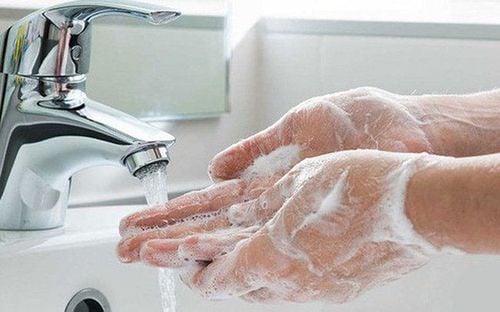
Vệ sinh tay trước và sau mỗi lần chăm sóc trẻ
Please dial HOTLINE for more information or register for an appointment HERE. Download MyVinmec app to make appointments faster and to manage your bookings easily.




